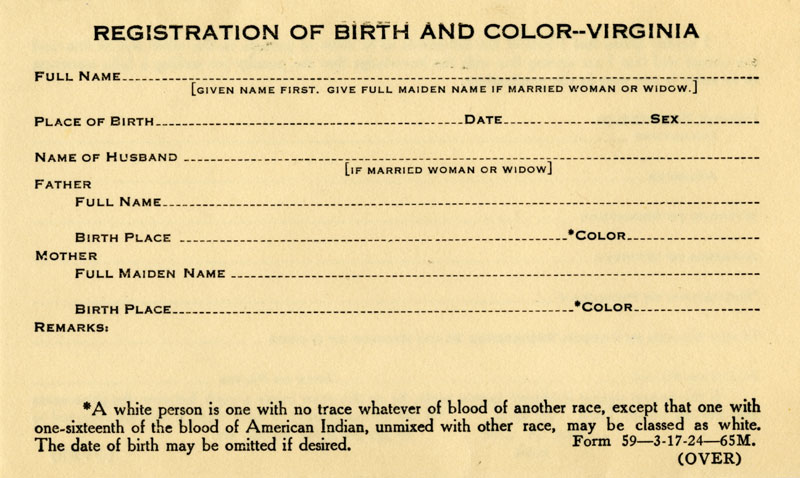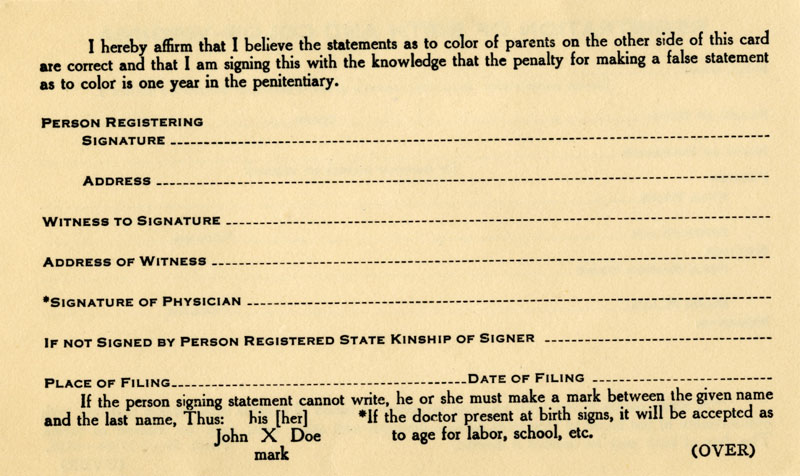Bill Moyers interview with Patricial Willilams and Melissa Harris-Lacewell
Bill Moyers Journal
2009-01-23
Bill Moyers, Host
Patricia Williams, James L. Dohr Professor of Law
Columbia University
Melissa Harris-Lacewell (Harris-Perry), Associate Professor of Politics and African American Studies
Princeton University
Bill Moyers sits down with Columbia law professor and Nation columnist Patricia Williams and Princeton politics and African American studies professor Melissa Harris-Lacewell about the significance of this milestone and what it means for the future.
BILL MOYERS: A year and a half ago Melissa Harris-Lacewell sat right here and told me she thought Barack Obama could not be elected president in 2008. This week she attended his inauguration. I’m eager to hear her reaction.
Melissa Harris-Lacewell is Associate Professor of Politics and African American Studies at Princeton University. She’s the author of “Barbershops, Bibles, and BET: Everyday Talk and Black Political Thought”.
Patricia Williams is back, too. She teaches law at Columbia University, writes “Diary of a Mad Law Professor” column in “The Nation” magazine, and is the author of “The Alchemy of Race and Rights”. It’s good to see you both back.
PATRICIA WILLIAMS: Thanks.
MELISSA HARRIS-LACEWELL: Thanks, great to be here.
BILL MOYERS: You did say, sitting right there — Obama can’t win.
MELISSA HARRIS-LACEWELL: I did. And probably the worst part was I suggested I thought he’d be a great vice president. And in my mind I was thinking John Edwards would be at the top of the ticket. So this is maybe more than anything why political scientists don’t run actual political campaigns. I mean, it has been quite an electoral season.
BILL MOYERS: So what were you thinking on Tuesday?
MELISSA HARRIS-LACEWELL: I suppose the greatest thought I was having as I was watching the inauguration of Barack Obama was my sense that I didn’t even know I wanted a black president. I wasn’t particularly attached to the idea of an African American in the White House. It seemed just sort of symbolic. And yet I was moved at a very profound level about how this made me feel connected to my country in a way that I’d never fully felt connected before. It was an astonishing feeling.
PATRICIA WILLIAMS: But I think this was a very particular, remarkable moment because it came on the tail end of a very freighted, complicated, and I think unhappy eight years. And so I think a lot of people who did not necessarily even support the Democratic Party voted for Obama or celebrated his inauguration because the joy in it was infectious. And the sense of improvement, the sense of an opportunity for global recognition, not just domestic recognition, was something that, just spread like wildfire…
…PATRICIA WILLIAMS: I do think that we need to quell some of the expectations that, now that he is president, you know, bluebirds have suddenly come into, you know, that butterflies are hatching all over the country. It is, we still have difficulty with, for example, the vocabulary of race that I think is still very much confining how we see Barack Obama. Now, again, that may change-
BILL MOYERS: What do you mean?
PATRICIA WILLIAMS: Well, I think that he is, on the one hand, our first African American president. And some people call him our first bi-racial president.
BILL MOYERS: Right.
PATRICIA WILLIAMS: Some people say that he is, or really consider him still much more acceptable because he has a white parent. I think that part of that internecine warfare within the black community based on skin color.
I think one of the freighted problems within the black community with hearing words like “bi-racial” is that, you know, African Americans have always been multi-racial. We are, I mean, you know, since slavery, at least bi-racial. And so that some of that vocabulary within the black community I think evokes images of half-breed, quadroon, mulatto, the kind of color coded, tragic mulatto conversation that induces a kind of hierarchy. And I think that that’s going to be part of a new American vocabulary in dealing with that unconscious level of distinction.
BILL MOYERS: What do you think about that?
MELISSA HARRIS-LACEWELL: Well, so for me I suppose the notion of Barack Obama as our first bi-racial president is troubling. And it’s troubling in part because, as you point out, African Americans have always been a multi-racial people, or at least for all of contemporary American history they have been a multi-racial people. But the other thing is that race is not simply about biology.
Race is, of course, socially and legally constructed. And at every point in American history Barack Obama would have been in the category of black. He would have been enslaveable under the slave codes. He would have been Jim Crowed in the context of the Jim Crow South.
Homer Plessy, who is the litigate in the Plessy v. Ferguson, which establishes separate but equal, the legal code that we think of the civil rights movement as finally breaking open, was so visibly or physiologically white that he had to go to the conductor on the train and tell him, “I’m passing the color line here. I’m breaking the color line. You need to arrest me.”
So all of the moments of American racial political history hinge right around a space where multi-racial, sometimes much more sort of in appearance white-black people, have been a part of the story. So it’s very hard for me to imagine that now, at the culmination of one part of the black political story, we would start to break that off and assign it to a group that simply does not exist as a matter of law, the bi-racial group.
I suppose what I find exciting about the upfrontness about Barack Obama’s patchwork, racial identity is that it allows him to be empowering to many different kinds of people. But at the same time, to take away that this is a particular moment of ordinary black folks on the ground who came to D.C. in numbers like nothing I’ve ever seen, who stood there in the cold.
That is the accomplishment and the achievement of ordinary black folks on the ground as voters, as those who survived the Jim Crow South. So I just can’t take Barack away from us. We need him…
Watch the video clip here. Read the transcript here.


